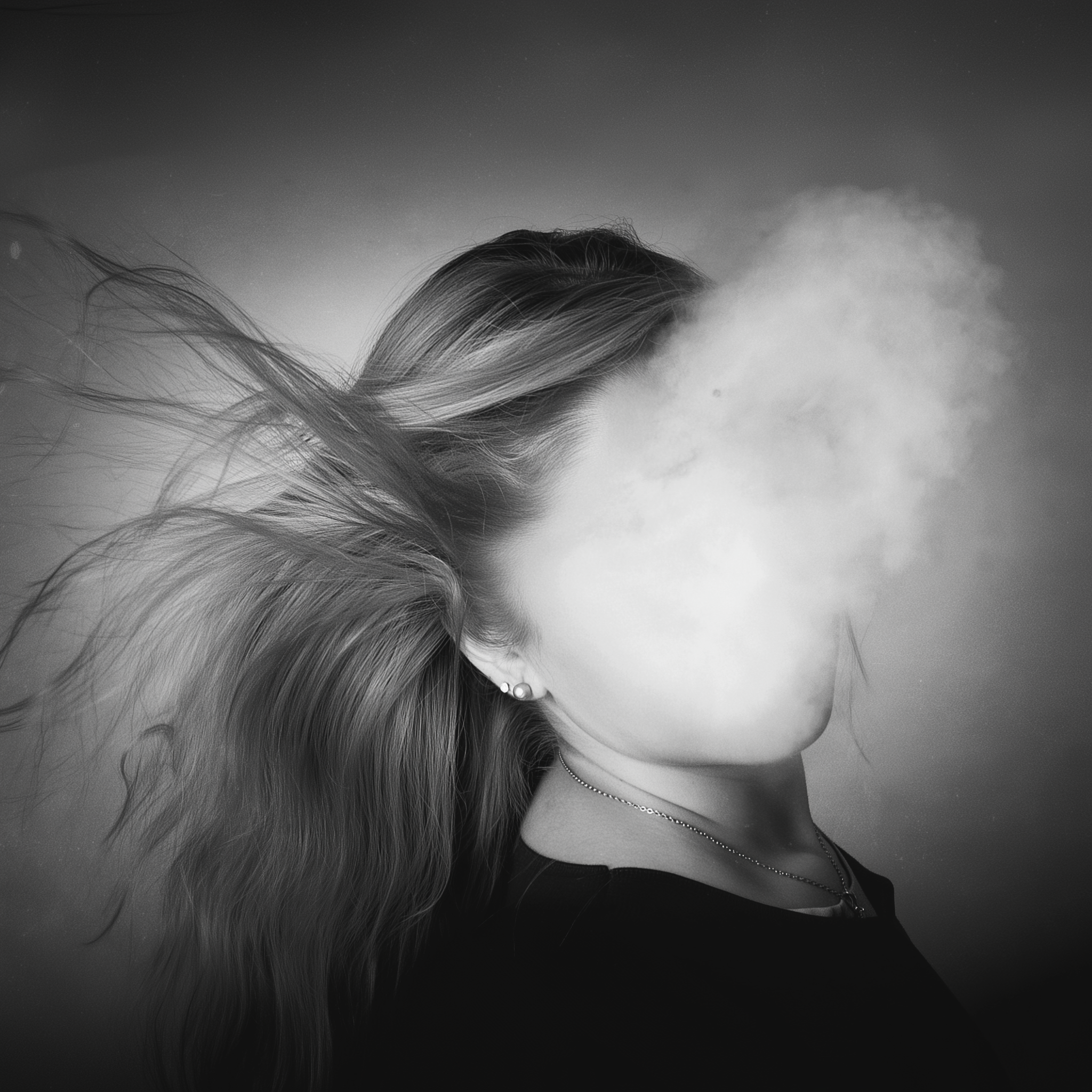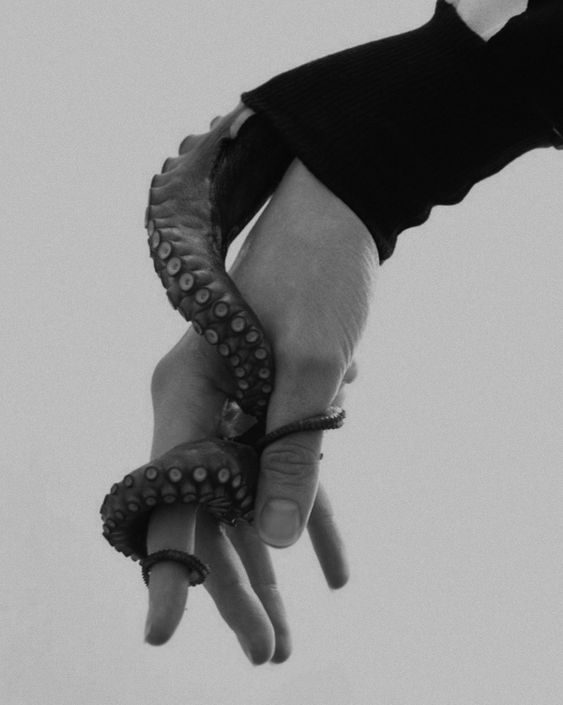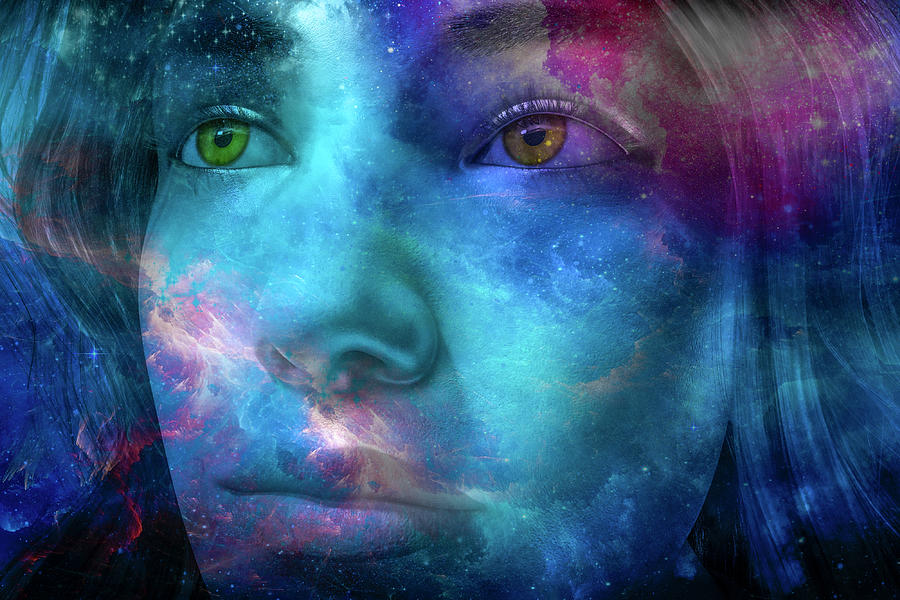 In any kind of addiction, there exists a world of hurt inside that drives individuals to seek relief through self-medication with substances. This distress can stem from various sources, such as past traumas, unresolved emotional issues, or the challenges of daily life. Often, those struggling with addictive tendencies find themselves trapped in a cycle where the substances they rely on for temporary relief ultimately lead to more significant problems and increasing costs, both physically and emotionally. Astrologically, Neptune, the planet associated with illusions, dreams, and escapism, holds a significant influence over addictive tendencies, particularly related to alcohol and drugs. This celestial body is thought to rule over alcoholic beverages and drug dependency, symbolizing the allure of these substances as a means to escape the harsh realities of life and find temporary solace in their illusory effects.
In any kind of addiction, there exists a world of hurt inside that drives individuals to seek relief through self-medication with substances. This distress can stem from various sources, such as past traumas, unresolved emotional issues, or the challenges of daily life. Often, those struggling with addictive tendencies find themselves trapped in a cycle where the substances they rely on for temporary relief ultimately lead to more significant problems and increasing costs, both physically and emotionally. Astrologically, Neptune, the planet associated with illusions, dreams, and escapism, holds a significant influence over addictive tendencies, particularly related to alcohol and drugs. This celestial body is thought to rule over alcoholic beverages and drug dependency, symbolizing the allure of these substances as a means to escape the harsh realities of life and find temporary solace in their illusory effects.
The renowned psychologist Erickson took a unique approach when treating individuals with addiction issues. Rather than admonishing them to stop their destructive habits outright, he employed a method that might be considered counterintuitive. He encouraged them to delve further into their addictive behaviors, trusting that the person would eventually become wearied by the negative consequences and recognize, on their own terms, that they had reached their limit. This approach is reminiscent of reverse psychology, a technique often used to influence behavior by encouraging individuals to do the opposite of what is expected.
As astrologer Pat Geisler observed, patterns of alcoholism tend to reflect a deep-rooted desire to utilize chemicals as a means of avoiding the consequences of reality and the frustrations of life. And, interestingly, Neptune consistently plays a key role in these patterns. Geisler has examined the astrological charts of many alcoholics and found that Neptune frequently forms challenging aspects to significant planets in these individuals’ charts. For men, these aspects often involve both Mars (representing action and assertiveness) and the Moon (representing emotions and instincts). On the other hand, women may experience Neptune’s influence on Venus (representing relationships and values) and the Moon instead of Mars.
This repetition of Neptune’s involvement in the patterns of addiction suggests that there is a deep connection between the planet’s symbolism and the struggles faced by those grappling with substance abuse. It is as if Neptune’s energy intensifies the desire for escape and self-medication, making it a crucial factor to consider when seeking to understand and address addiction-related issues.
Liz Greene’s perspective delves deeper into the connection between Mars and Neptune in the context of substance abuse and anger dynamics. According to her, feeling strong and in control of one’s life requires the willingness to face challenges and leave behind the comforts of escapism, symbolized by Neptune and substances like alcohol. The negative reputation of Mars and Neptune in relation to substance abuse arises from the potential of Neptune’s influence to overpower Mars, resulting in the expression of natural aggression in a more subtle and disguised manner, rather than in an overtly angry manner.
While not everyone with a Mars-Neptune aspect will struggle with alcoholism or addiction, it is essential to be mindful of one’s anger levels to prevent it from festering and manifesting as manipulative and covertly destructive behavior. Addiction and certain Mars-Neptune disorders, such as addictive behaviors can be characterized by an underlying and often unacknowledged reservoir of anger. The impact of anger can extend beyond the individual with the Mars-Neptune aspect, affecting those around them, particularly family members. Loved ones may bear the brunt of this hidden anger, experiencing the repercussions of suppressed emotions and feeling guilty for their reactions. Greene highlights the importance of empathy by encouraging readers to put themselves in the shoes of a partner or family member of a habitual alcoholic to gain a better understanding of the complex dynamics involved. Despite individuals with Mars-Neptune aspects not openly displaying signs of anger, they may engage in indirect assaults on others, undermining and humiliating those around them. This indirect aggression can lead to a power dynamic where others actually feel compelled to take care of the affected individual, perpetuating the unhealthy relationship patterns.
Those influenced by Neptune’s allure of dreams and illusions, can easily fall prey to its less desirable traits, such as deception and self-delusion. When individuals see the world through rose-tinted glasses, perceiving things as they wish them to be rather than how they truly are, they set themselves up for potential deception and disappointment. This tendency to fall into illusions and evade reality can lead to an escapist lifestyle, seeking refuge in various forms of escapism, including substance abuse. Neptune’s influence can make it enticing for individuals to seek an altered state of consciousness or a way to “connect with their spirit,” as they search for something beyond the mundane realities of life.
Furthermore, being influenced by the wrong company, beliefs, or ideas can lead Neptune individuals astray, drawing them into situations or lifestyles that do not align with their genuine goals and ideals. Neptune’s energy can be particularly potent in these situations, as it can blur the lines between truth and falsehood, making it challenging to discern reality from fantasy. In this context, substance abuse and addiction can be seen as a manifestation of Neptune’s influence, where individuals attempt to escape the harshness of reality or seek solace in altered states of consciousness. The escapist tendencies associated with Neptune can be especially pronounced in highly imaginative and artistic individuals. These creative souls may find themselves either too sensitive for the world’s harshness or feeling disillusioned when reality fails to meet their lofty expectations of beauty and transcendence.
It’s essential to recognize that Neptune’s influence is not inherently negative; it can inspire profound creativity, spirituality, and compassion. However, when left unchecked or unbalanced, it can lead to self-deception, escapism, and addiction. Understanding and acknowledging the potential pitfalls of Neptune’s influence can help individuals maintain a healthier perspective and strive for a more balanced approach to life. Recognising the beneficial parts of Neptune while maintaining a firm footing in the here and now can lead to a richer, more authentic life in which one’s imagination and creativity can develop without the destructive temptation of escapist inclinations getting in the way.
The path to recovery for alcoholics often involves finding a sense of belonging and connection to something larger than themselves. This spiritual aspect, represented by Neptune, plays a significant role in their healing journey. Feeling that there is a greater love or higher power that supports them, even when they struggle to believe in themselves, can provide comfort and motivation during difficult times. As the planet of spirituality, Neptune naturally aligns with practices like prayer and meditation, which can facilitate a deeper connection to something beyond the material world. Engaging in creative endeavors, such as making art or falling in love, can also be powerful ways to tap into the spiritual realm. These experiences create a sense of transcendence and connection to something profound and meaningful, which can be especially beneficial for those recovering from addiction. The spiritual connection facilitated by Neptune is often an ineffable experience that transcends rational explanation. Once individuals have felt this connection, they carry its significance with them throughout their journey to recovery.
Sioux Rose’s perspective adds another layer to the relationship between Moon and Neptune aspects and emotional escapist tendencies seen in alcoholism. The gravitational pull of the Moon’s aspect with Neptune may draw individuals towards emotionally escapist actions, such as turning to substances like alcohol as a means to calm restless thoughts or cope with unresolved emotional issues. The use of “spirits” as a euphemism for alcoholic drinks adds an intriguing astrological metaphor to this observation.
People born with Moon-Neptune aspects may carry repressed memories or experiences related to escapism and misuse of substances or eating disorders. These aspects can reveal both the beautiful and shadowy aspects of their minds. The Moon-Neptune connection can open the door to profound insights and creativity but may also lead to confronting and processing unsettling emotions and experiences.
Erin Sullivan’s perspective on Neptune transits sheds light on the potential emotional challenges and risks individuals may face during these periods. Neptune transits can lead to emotional withdrawal from family and loved ones, as the individual undergoing the transit may feel a sense of fading away or disconnection. This emotional distancing can create vulnerability, particularly for those with a history of substance abuse, excessive drinking, or emotional instability. The draining and debilitating nature of Neptune can make it challenging for individuals to resist the dark and easily accessible qualities that may run in their family. In some cases, this could exacerbate existing tendencies toward self-destructive behaviors, leading to increased risks during Neptune’s transiting period.
However, Neptune transits do not affect everyone in the same way. Not everyone will become an extremist or succumb to negative patterns. Nevertheless, if there is a family history of such issues, this may be a crucial moment to break the cycle and address any potential vulnerabilities. During Neptune transits, individuals may experience a weakening of self-respect and confidence, especially if these qualities were not fully developed beforehand. This can further contribute to emotional challenges and difficulties in navigating the transit’s influence.
Adrian Ross Duncan says,
Most obviously, early experiences with drugs will open doors of perception that lock Mars-Neptune into a spiral of longing for the ineffable and the mystical, and a Mars-Neptune aspect is a strong indicator of substance abuse, either personally or in the immediate family. The Mars-Neptune individual may also fall prey to sexual addictions, in which the pursuit of the ideal sex encounter becomes a sort of Holy Grail that lures them into ethically questionable situations. No matter how much a person’s wants are fulfilled, there will always be a nagging sense of dissatisfaction: “Is that it?” People with a Mars-Neptune astrological contact often find themselves captivated by pornographic media and films. While there may be some justification for this desire, the same dynamics apply: they believe there is a pot of gold at the end of the rainbow, but they never quite reach it. A woman with this trait may have a pattern of being in relationships where one partner is an alcoholic or drug addict. One possible explanation is that she has a soft spot for “saveable” men. One more is that a lady with Mars square Neptune has unrealistically high standards for her male partner. The man’s first magical qualities—his originality, creative skills, musical ability, or whatever—dissipate after a few months, giving way to his smelly socks and somewhat shifty attitude. The initial acclaim has given way to a tangible disillusionment that the man has not achieved the goal. A person’s behaviour may alter as a result of this disappointment. A man who drinks because he knows he disappoints his girlfriend is an example. Instead of blaming him for his drinking, the Mars/Neptune lady needs to figure out what she’s saying to him that makes him feel like a failure in her eyes and alter that. Analysis of the dynamics of the relationship typically reveals that both the latent substance abuser and the Mars-Neptune client indulge in an effort to replicate the early magic.











